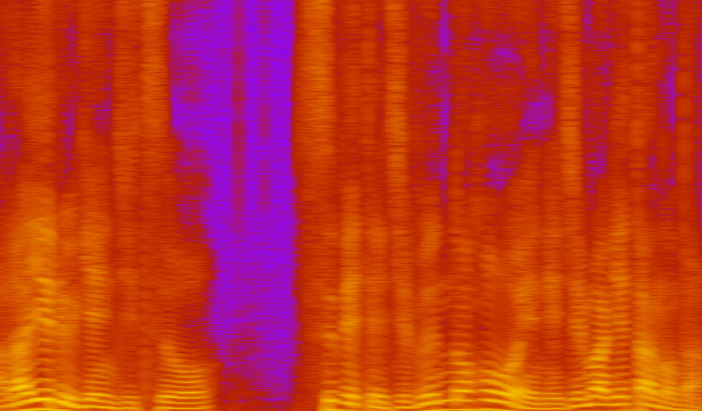# Packages
No description provided by the author
No description provided by the author
No description provided by the author
No description provided by the author
No description provided by the author
No description provided by the author
No description provided by the author
No description provided by the author
No description provided by the author
No description provided by the author
No description provided by the author
No description provided by the author
# README
GOSSP 
GOSSP is a Speech Signal Processing library for the Go language, which includes time-frequency analysis, fundamental frequency estimation, spectral envelope estimation and waveform generation filters, etc.
Packages
- cwt - Continuous Wavelet Tranform (CWT) and inverse CWT (in develop).
- dct - Discrete Cosine Transform (DCT) and Inverse DCT.
- dtw - Dynamic Time Warping (DTW)
- excite - Excitation generation from fundamental frequency.
- f0 - Fundamental frequency (f0) estimatnion.
- io - Input/Output (in develop).
- mgcep - Mel-generalized cepstrum analysis for spectral envelope estimation.
- special - Special functions analogy to scipy in python.
- stft - Short-Time Fourier Transform (STFT) and Inverse STFT.
- vocoder - Speech waveform generation filters.
- window - Window functions.
- z - Z-transform to analyze digital filters.
Install
go get github.com/r9y9/gossp
Install SPTK
To use SPTK with GOSSP, you need to install the modified version of SPTK as follows:
git clone https://github.com/r9y9/SPTK.git && cd SPTK
./waf configure && ./waf
sudo ./waf install
Getting Started
Short-Time Fourier Transform

package main
import (
"flag"
"fmt"
"github.com/r9y9/gossp"
"github.com/r9y9/gossp/io"
"github.com/r9y9/gossp/stft"
"github.com/r9y9/gossp/window"
"log"
"math"
)
func main() {
filename := flag.String("i", "input.wav", "Input filename")
flag.Parse()
w, werr := io.ReadWav(*filename)
if werr != nil {
log.Fatal(werr)
}
data := w.GetMonoData()
s := &stft.STFT{
FrameShift: int(float64(w.SampleRate) / 100.0), // 0.01 sec,
FrameLen: 2048,
Window: window.CreateHanning(2048),
}
spectrogram, _ := gossp.SplitSpectrogram(s.STFT(data))
PrintMatrixAsGnuplotFormat(spectrogram)
}
func PrintMatrixAsGnuplotFormat(matrix [][]float64) {
fmt.Println("#", len(matrix[0]), len(matrix)/2)
for i, vec := range matrix {
for j, val := range vec[:1024] {
fmt.Println(i, j, math.Log(val))
}
fmt.Println("")
}
}
Waveform Reconstruction using Inverse Short-Time Fourier Transform
package main
import (
"flag"
"fmt"
"github.com/r9y9/gossp/io"
"github.com/r9y9/gossp/stft"
"github.com/r9y9/gossp/window"
"log"
)
func main() {
filename := flag.String("i", "input.wav", "Input filename")
flag.Parse()
w, werr := io.ReadWav(*filename)
if werr != nil {
log.Fatal(werr)
}
data := w.GetMonoData()
s := &stft.STFT{
FrameShift: int(float64(w.SampleRate) / 100.0), // 0.01 sec,
FrameLen: 2048,
Window: window.CreateHanning(2048),
}
spectrogram := s.STFT(data)
// do something on spectrogram
reconstructed := s.ISTFT(spectrogram)
for i := range data {
// expect to be same
fmt.Println(data[i], reconstructed[i])
}
}
Fun with speech signal processing!